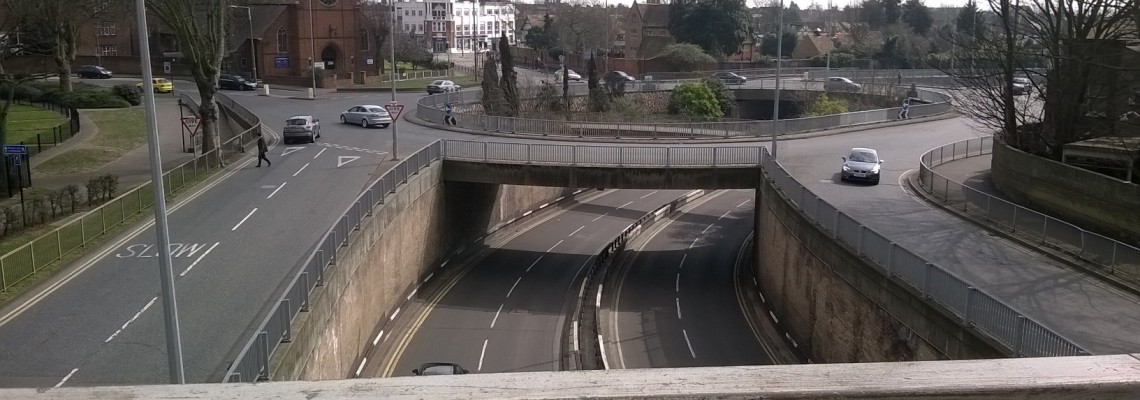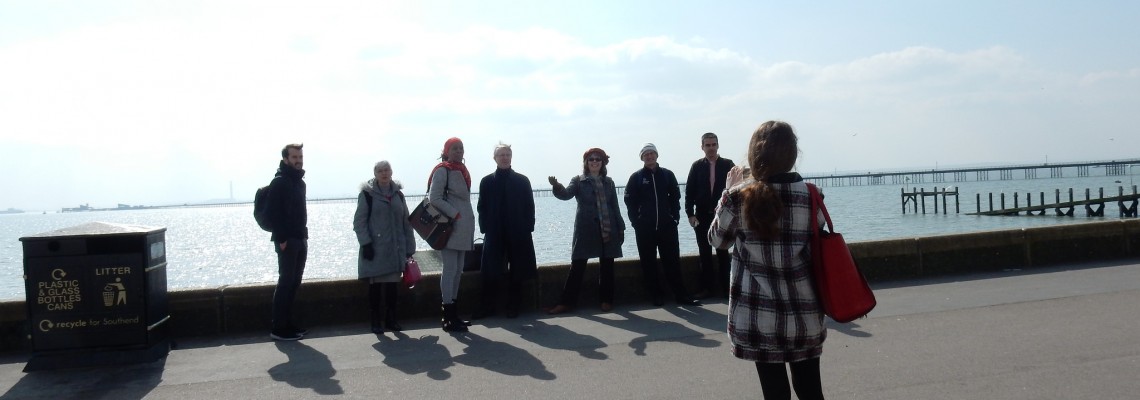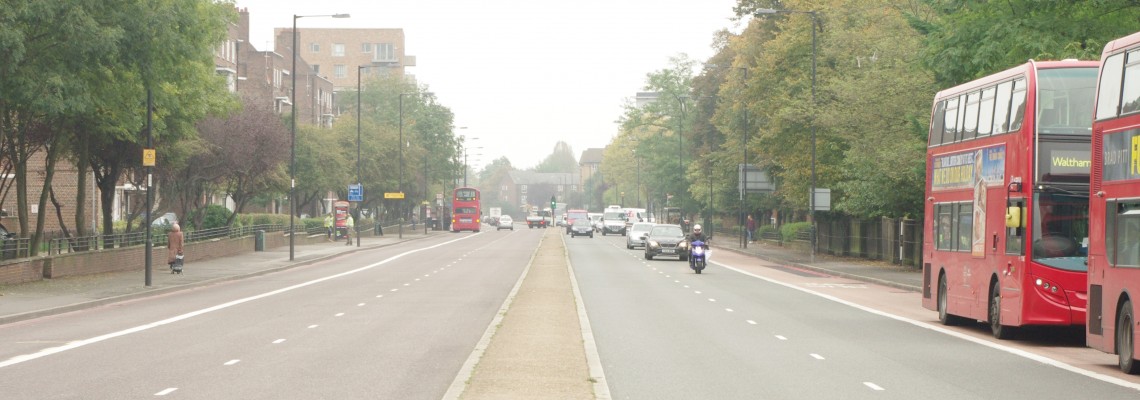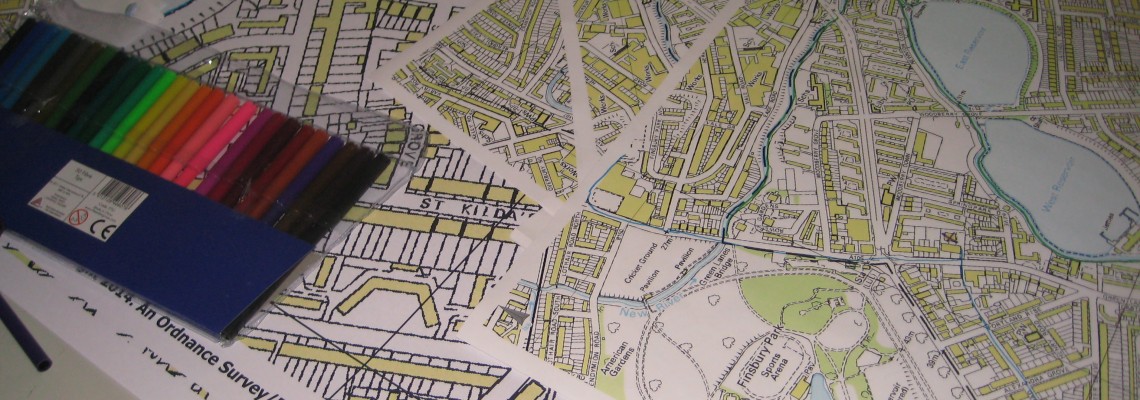In the UK, there are growing concerns regarding the health and wellbeing of our ageing population. Problems of loneliness and isolation are widely documented, and stem from a range of social, economic and environmental factors. Further research is crucial to understanding how these problems can be alleviated in the future.
Design for Wellbeing is a multidisciplinary research project funded by the Economic and Social Research Council. The project aims to investigate ‘community severance’; the concept that major transport infrastructure, such as busy roads, can negatively influence elderly people’s physical and psychological wellbeing, by segregating their community and restricting their mobility.
The project will explore this concept in four case study areas; Finchley Road (London), Woodberry Down (London), Southend-on-Sea, and Stratford Road (Birmingham). All sites are characterised by the presence of major main roads.
Our Role
Mapping for Change are responsible for the engagement of communities in each site. We have used our expertise in engagement to ensure the perspective of harder-to-reach elderly people has been included. Inclusive participatory mapping techniques have encouraged elderly residents to document their experiences of the local area, and maps have enabled us to carefully analyse residents’ perceptions of community severance.
We have carried out this engagement through a range of desk research and direct engagement. In each site, Mapping for Change have pursued a variety of qualitative research approaches including structured and semi-structured interviews, street surveys, and workshops.
You can download a final version of the Street Mobility Project Toolkit here. Get PDF.
Related Projects
WeGovNow
WeGovNow is a three year research and innovation project focusing on civic participation in local government. It aims to change the relationship between citizens and local governments, transforming the citizen’s role from customer into partner. This is to be achieved with the development of a single community engagement platform, where citizens can interact with their governments and participate in local decision-making.
Breathe Clean - Citizen Science in Tower Hamlets
Breathe Clean will be providing Tower Hamlets residents with the materials & training needed to monitor nitrogen dioxide levels around the places that matter to them. Participants will measure the air quality at a number of locations over a period of six months, to get a more granular picture of the situation in the borough. The data from the Breathe Clean project will be made available on Mapping for Change’s community maps webpage.
Eco21.PL
Funded under the Swiss Block Grant, Mapping for Change in collaboration with the Centre for Training and Personal Development MERITUM, the Cultural Authority City of Gardens and Highways 4 Elements carried out a two year training programme in the Silesia region of Poland.



